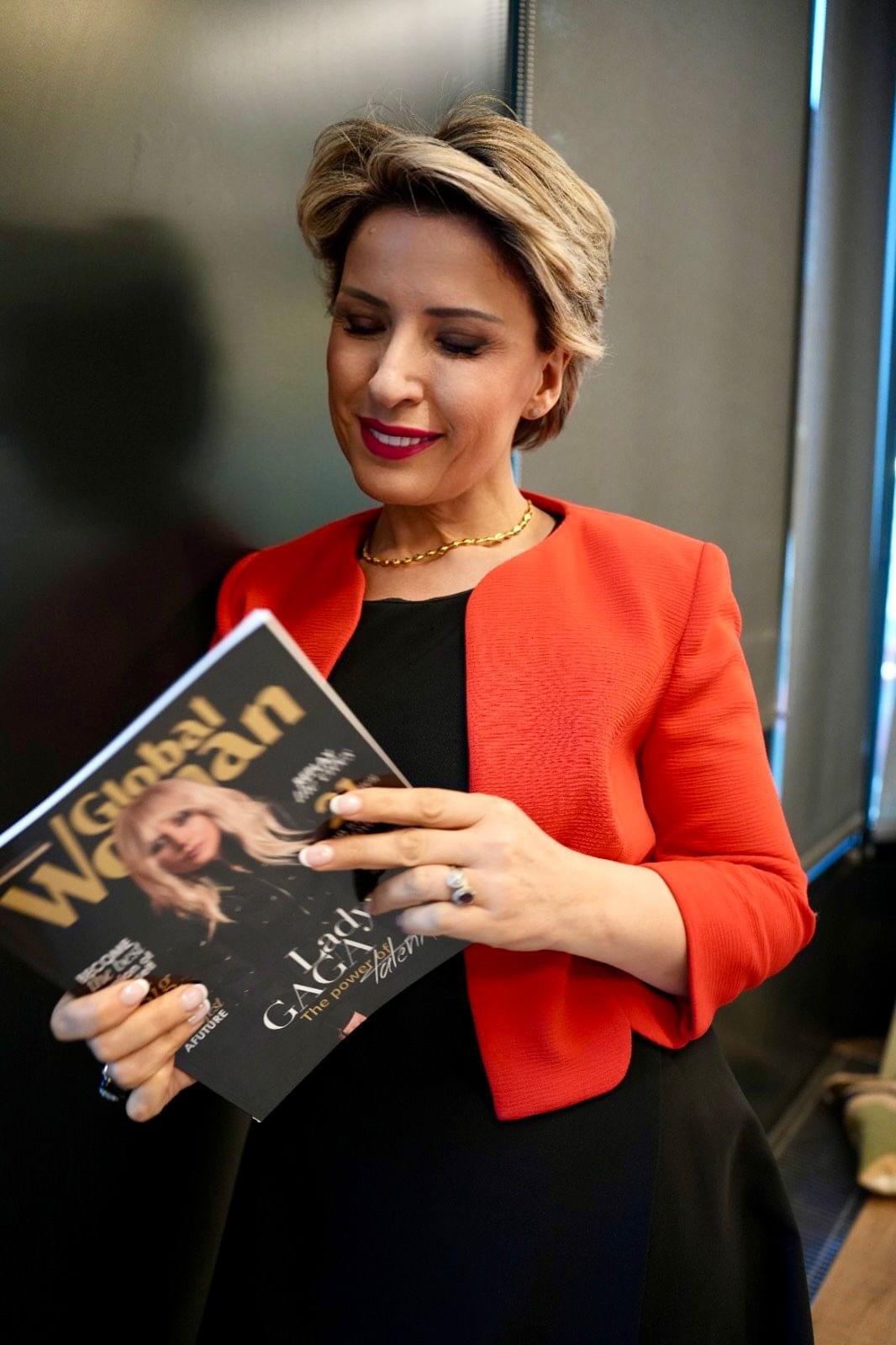The girl who took on the boys at their own game
By Silvia Favasuli
Niamh McKevitt is 16 years old and has been playing football with boys since the age of six. She was the first girl to play in an otherwise all male team at the age of 13 – the age limit for mixed football at that time. But not everything has gone smoothly. Niamh has had to constantly fight against teachers, authorities and coaches who insisted she should only play with other girls.
But Niamh never gave up and she became a key subject of an FA research project that, in the end, has allowed girls to play with boys up to the ‘under 18’ level. The journey for Niamh has not been easy, but the tough challenge to make herself accepted by boys and to demonstrate that she was as good as they were has made her a brave and excellent football player. Niamh has also had to fight against stereotypes and sexism but in the end she has learned how to transform the opposition from those who laughed at her into real motivation.
When asked why she struggled to play with boys she always has a simple answer: “It’s the best way I could find to become stronger.” Niamh’s objective has always remained constant – to become the best player she could be and this year she made her debut in the Women’s Premier League.
Niamh has told her story in her book “Playing with the boys”, a moving true story that, among other things has served to highlight the differences that still exist in the education of girls and boys. The guys are always urged to win at all cost and girls are merely reassured when they fail.
In your book, you describe yourself as always looking for a new challenge. For example a stronger team to join or the opportunity to face up to strong opposition. Is this attitude something that you learned by playing footbal?
When I started playing I was in an all male environment and I didn’t have any natural ability. I wasn’t very good at the beginning at all. I remember the first training session when I spent the whole time in the corner scared by all the big boys. So football has been a challenge right from the beginning and I’ve never taken it lightly. Maybe, if I had been a more gifted player, it might have been different but for me football has always been a challenge.
How did you learn to cope with these sorts of challenges?
Football has taught me that whoever you are there will always be somebody out there thinking that you are not good enough. It’s a very opinionated sport. Some people might think a particular player is brilliant and another player is not very good and that is something you have to find a way to deal with. You can’t spend your time thinking about what others think. You just have to keep on going and doing the best that you can.
How do guys react when they see you on the football field?
The first time you meet them, say in the warmup for a match, what happens is that one of them notices you, and then a second one, and then a third one. It’s just a ritual that you have to get used to. People stare at you and you can imagine them thinking something like: “Oh my God, there’s a girl on the pitch. Is that allowed?” And then it comes to the moment of the handshake and the same old jokes surface;“Oh, I didn’t know we were playing misfits”or similar. Sometimes the parents make comments to their kids like: “Don’t get distracted by the girl” or “Don’t forget to ask for her phone number when you go past her”. I actualy find such immature comments very motivating. But after the fist game the other players quickly get over it and you become like any other player – just one of the ‘guys’.
“Yes, I’m here to play football and I’m as good as any boy”
When you join a new boys team, as you write in your book, you are desperate to make a good first impression as soon as possible and you look forward to being confronted by the best player of the team or placed in a tough situation by the coach. Why is that?
As a girl playing with boys it is important to give a good first impression because many boys have this stereotypical idea of girls not being able to play football. Before you even playing start they think that you’ll be knocked over in the first few minutes. So you have to deal with that mentality as soon as possible. You have to reassure them that you can play as good as any male and that you are just as good as they are. Once you get past that hurdle then you become accepted and you can focus on playing a good game. The first impression is very important and needs to demonstrate, “Yes, I’m here to play football and I’m as good as any boy”.
It says in your book that your dad played a big part in encouraging you.
He has been a brilliant coach to me who after every match told me what I had done well and what I had not. He has always had a real commitment. I couldn’t have done any of this without his support.
Has it been a big challenge for him as well? Having a daughter playing with the boys?
Yes, definitely. He said to me when I started playing that he didn’t know anything at all about girl’s football. Now he has become a an expert. A lot of parents ask him about what to do with their daughters who also want to play football. It has been a challenge for him as well, of course. He discovered a lot of sexism in the game which he often took personally while he was supporting me.
Has football changed you as a person?
Yes – definitely. This experience has really shaped me as a person. When I started playing I was very quiet and introverted. Subconsciously, football has made me more confident because I have learned to go out and play with boys whom I had nothing in common with.
Men get stronger because they can always find a team to play against at the same level without being forced to play at a lower level
Do you believe girls can compete with guys with no limitations?
Yes, absolutely. There is no need for any limits. Because more boys tend to play sports then men’s sports are generally bigger than women’s. Men get stronger because they can always find a team to play against at the same level without being forced to play at a lower level. I believe that if there were more women playing football or many other sports, women at the top level would be perfectly able to play in the men’s leagues.
Do you think your story will inspire other girls?
Lots of girls ask me, “Why did you want to be bothered with all this? Wasn’t it too hard?” I just think that all this effort has given me a lot more power which I now apply to all other areas of my life.
Now that you have succeeded in changing the rules and made mixed football legal up to under 18 level, what are you plans for the future? Will you keep fighting to raise the age level even higher?
Yes. I think girls should be allowed to play football with boys even after 18 years old. There shouldn’t be any problem with it as far as I’m concerned but tradition takes a long time to change. Now, for the first time I’m not playing men’s football. At the moment I play for Huddersfield Town in the FA Women’s Premiere League. It’s a really high standard of football and it’s just as challenging as trying to compete with the boys.
For the future, what I want to do is to go to an American University on a football scholarship so that I can play there for four years while also studying. Women’s football in America is of a very high standard. After University I hope that I may have improved enough to play in the Women’s Super League, which is the top league in the UK. That’s my goal.






